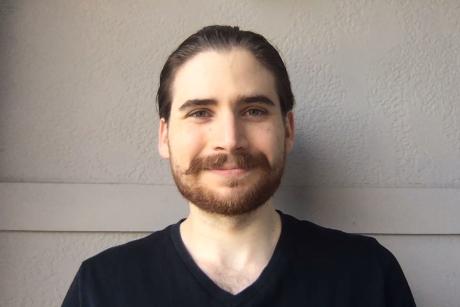Part 8 of a series on global health at Duke, By Jeffrey Moe
As a business executive and a business school professor, my bias is to look for markets and economic incentives in the non-government, private sectors of the health care economy in order to find sustainable solutions to global health challenges.
One of my research foci is neglected diseases-those tropical and infectious diseases that are ignored because poor patients living in poor countries cannot pay for innovative new treatments. Pharmaceutical firms invest a small proportion of their total research and development in these diseases because there is little or no return. They need new incentives beyond good will or social welfare. Looking through the lens of business, markets and economic incentives, I see three interrelated issues that, if solved, could reduce or even eradicate many of these diseases.
The first issue is encouraging research. This September, President George W. Bush signed into law the Food and Drug Administration Amendments Act. My colleagues Henry Grabowksi and David Ridley and I were fortunate to have an amendment in that bill that was directly influenced through the publication of our 2006 paper, “Developing Drugs for Developing Countries.” Our paper, and now the law, uses an incentive called a “priority-review voucher” to stimulate research.
The PRV rewards the developer of a successful new medication for any of 13 tropical infectious diseases with a voucher that provides priority review for a second drug for the U.S. market. Because of the huge market for medicines in the United States, speedier time to market for a new drug is a powerful incentive. We estimate the value of the voucher is more than $300 million. Moreover, there are additional tax credits for the neglected disease drug.
It is our hope that the PRV incentive will help to generate new medicines. But treating patients with effective medicines is another challenge. Affordable, inexpensive medicines for many diseases are available now. It is often not cost or lack of innovation, but the weak health and distribution systems in poor countries that keep medicines from patients. The Sabin Institute estimates that with investments of $250 million a year over a five-year period we could significantly reduce or eliminate seven tropical diseases with existing medicines if we could build effective distribution systems. “Microfranchising” of drug stores and distributors, which is occurring now in some Sub-Saharan Africa countries, would be one component of a private sector approach to building such a system.
Finally, if innovative new medicines and existing drugs could be distributed effectively, we have an additional daunting challenge-far too few health care workers.
The World Health Organization estimates that more than 2.4 million health workers are needed in 57 countries with critical health worker shortages. The very locations where neglected disease burdens are greatest have the highest shortage of health care workers. In Africa, many countries have fewer than two health workers for every 1,000 people. Even if we could discover, develop and distribute drugs, who will diagnose, prescribe medicines and monitor treatment?
Duke’s Fuqua School of Business, the Duke Global Health Institute and WHO’s Global Health Workforce Alliance are co-sponsoring a conference on this issue this coming weekend: “African Healthcare Worker Shortage: Forum on Private Sector Responses.”
The conference will focus on the responses of the private sector to the shortage of health workers in Africa. Nongovernmental groups, small microeconomic investment funds, multinational firms, faith-based organizations and universities are all innovating to fill the worker shortage gap. The conference will describe many existing and emerging initiatives that can be expanded and/or replicated for wider use. These solutions will become recommendations to WHO’s Kampala conference in March 2008. This conference will work to build consensus on accelerating human resources for health on the African continent.
And the student response to the conference has been impressive. This is encouraging because student involvement is an enormous and essential resource, now and in the future, to tackle these global challenges.
I invite you to attend the keynote address. Francis Omaswa, a physician from Uganda who is now the executive director of the Global Health Workforce Alliance at WHO, will share his views on the challenges ahead. The talk, which is open to the public, takes place tonight, Nov. 29, at Geneen Auditorium in the Fuqua School of Business. Visit http://www.afhcconf.com for more information.
Jeffrey Moe, Ph.D, is senior director of business development and an adjunct associate professor for the Health Sector Management program of the Fuqua School of Business.
________________________________________
© Copyright 2008 The Chronicle


